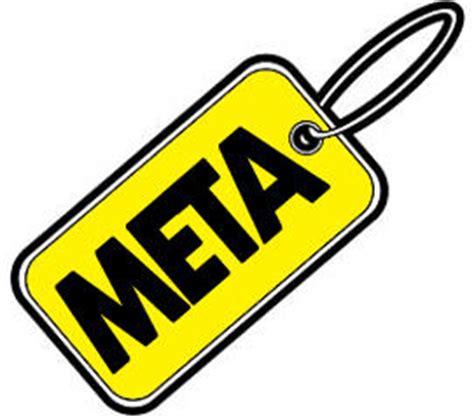
Look at the equipment! That's insane! It's probably 1 sim card -> 1 android radio chipset -> 1 antennae. ie equivalent to owning a pile of android phones.
I looked "sim box" up and yes you can just buy this stuff.
*removed externally hosted image*
They have to know their target market is dodgy, you don't need physical phones/radios/sims for sending bulk SMS unless you are intentionally trying to look like individual mobile phones in order to bypass something (free unlimited SMS billing? spam detection?). There are online bulk sending companies and telecoms themselves provide service to them, no physical phones needed, all above board.
Also they cost an arm and a leg. It would be cheaper to get a stack of cheap phones (but I guess you're paying for the automation of this spamming solution).
Looking forward to seeing if there is a whirlpool topic about this article :D I wonder if some of the cheaper virtual mobile phone providers do this to piggy back cheap unlimited plans from other networks ;D


















It will be interesting to see how this pans out.
Until we get some sort of resolution, I'm worried about the mulch I buy and use :(